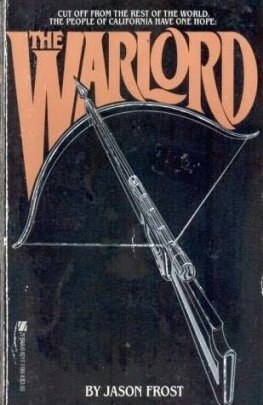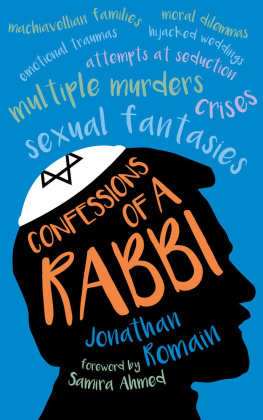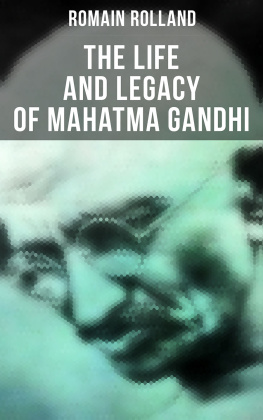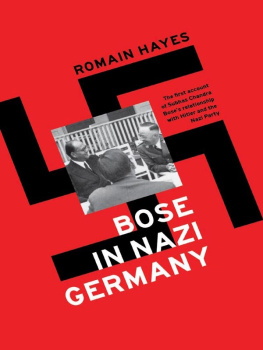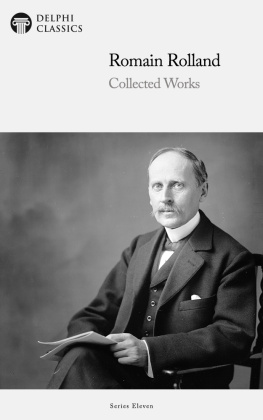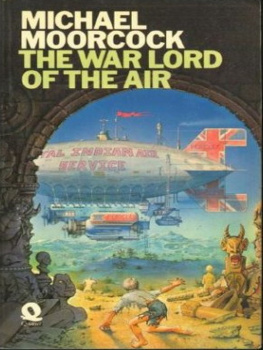Romain Malejacq - Warlord Survival
Here you can read online Romain Malejacq - Warlord Survival full text of the book (entire story) in english for free. Download pdf and epub, get meaning, cover and reviews about this ebook. publisher: Lightning Source Inc. (Tier 3), genre: Politics. Description of the work, (preface) as well as reviews are available. Best literature library LitArk.com created for fans of good reading and offers a wide selection of genres:
Romance novel
Science fiction
Adventure
Detective
Science
History
Home and family
Prose
Art
Politics
Computer
Non-fiction
Religion
Business
Children
Humor
Choose a favorite category and find really read worthwhile books. Enjoy immersion in the world of imagination, feel the emotions of the characters or learn something new for yourself, make an fascinating discovery.

- Book:Warlord Survival
- Author:
- Publisher:Lightning Source Inc. (Tier 3)
- Genre:
- Rating:3 / 5
- Favourites:Add to favourites
- Your mark:
- 60
- 1
- 2
- 3
- 4
- 5
Warlord Survival: summary, description and annotation
We offer to read an annotation, description, summary or preface (depends on what the author of the book "Warlord Survival" wrote himself). If you haven't found the necessary information about the book — write in the comments, we will try to find it.
Warlord Survival — read online for free the complete book (whole text) full work
Below is the text of the book, divided by pages. System saving the place of the last page read, allows you to conveniently read the book "Warlord Survival" online for free, without having to search again every time where you left off. Put a bookmark, and you can go to the page where you finished reading at any time.
Font size:
Interval:
Bookmark:
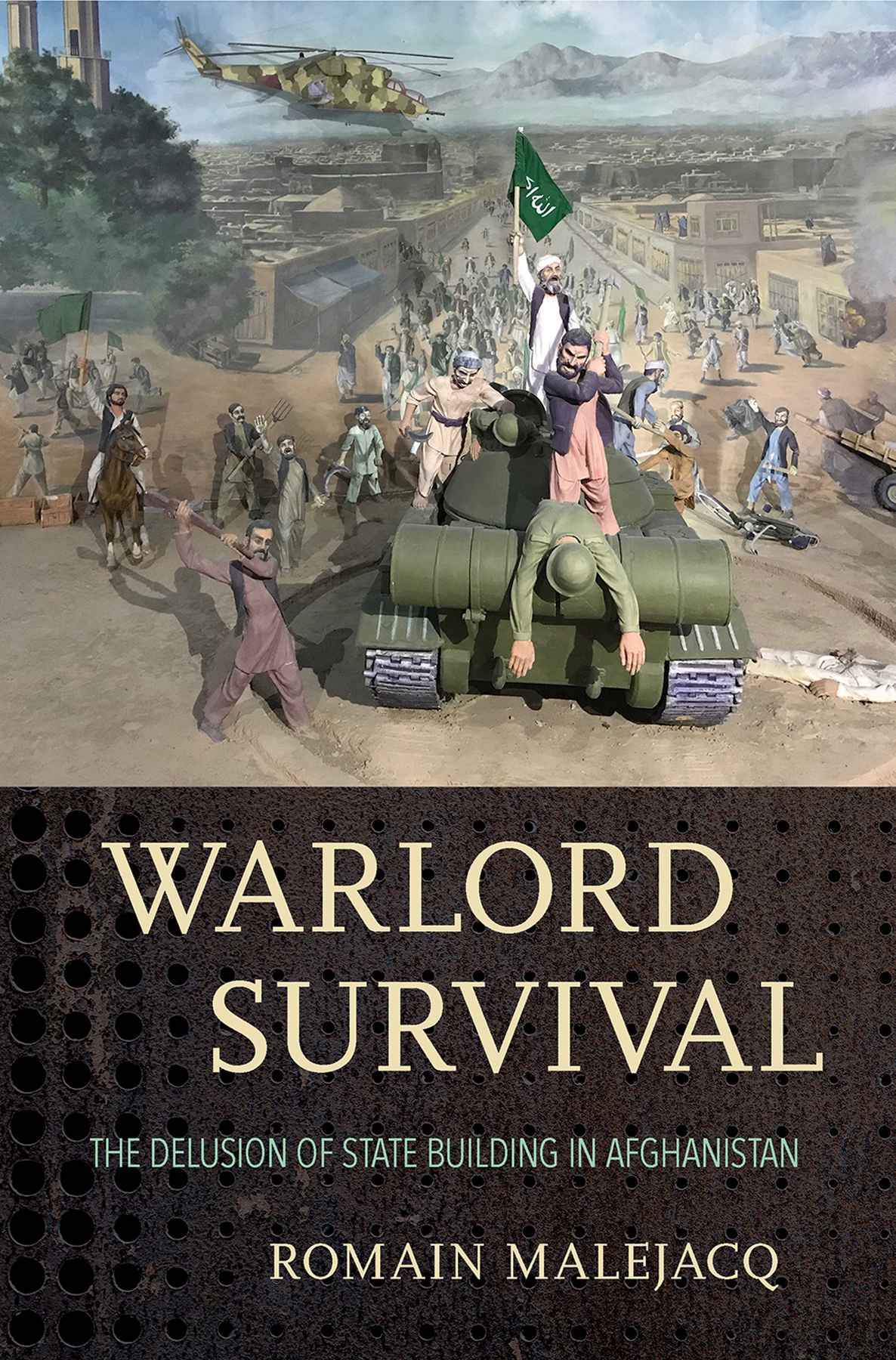
W ARLORD S URVIVAL
The Delusion of State Building in Afghanistan
R OMAIN M ALEJACQ
C ORNELL U NIVERSITY P RESS
I THACA AND L ONDON
This book would not have seen the light of day without the support and generosity of more people than I can name. Above all, I owe a great deal to the many Afghans who made this work possible, each in their own way, from the passersby who gave me directions in the streets of Kabul, Herat, and Mazar-i Sharif to the friends who have shared their ideas and shaped mine year after year. Because my research deals with sensitive issues, I decided to maintain the anonymity of anyone who could be affected by being associated with me and my work in any way. I hope that they will forgive me for not giving them the credit they deserve. I am especially thankful to the interpreters, Dari teachers, and drivers I have worked with over the years, to those who gave me a roof and kept me safe, and to those who taught me how to navigate the culture and politics of their amazing country. I am eternally grateful to the people who shared their life stories with me. There would be no book without them.
I also extend my gratitude to all those who helped me during my fieldwork. In Kabul, the people of the Dlgation Archologique Franaise en Afghanistan gave me a home away from home. I received warm welcomes at the Altai guesthouse and the French House in Kabul as well as the Acted guesthouse in Mazar-i Sharif. Special thanks go to the friends who let me use their apartment during my latest trip to Herat. I would not have been able to conduct my fieldwork without the support of a European Union Marie Curie fellowship and the generous funding of the French embassy in Afghanistan, the mairie de Paris, the Institut de Recherche Stratgique de lcole Militaire, and the American Institute for Afghanistan Studies. At Radboud University Nijmegen, the Institute for Management Research and the GLOCAL research group provided additional financial support.
This work would also not have been possible without the mentorship, friendship, and unwavering support of Bertrand Badie and William Reno. They have both inspired me and challenged me for over a decade now. It has been a privilege to work with and learn from them. A few other scholars deserve specific mention. None has broadened my intellectual horizons the way Georgi Derluguian has. His influence can certainly be felt throughout this book, and for this and more, I will always be deeply appreciative. At Northwestern University, Jon Caverley and Hendrik Spruyt also hold a special place. And so does Judith Wilks, my Farsi teacher. At Sciences Po, I am greatly indebted to Shahrbanou Tadjbakhsh, who first gave me the opportunity to conduct research in Afghanistan. My gratitude also goes to my fellow graduate students at Sciences Po and Northwestern University, as well as to Maud Biancardi, Danielle Leroux, and Courtney Syskowski, who kept me away from the administrative pitfalls of graduate training.
At Radboud University Nijmegen, the Centre for International Conflict Analysis & Management (CICAM) was the perfect place to finish the book. Not only was I very lucky to find an amazing group of scholars with whom to exchange ideas, but I could not have hoped for a more supportive environment and more encouraging colleagues. Willemijn Verkoren has been the best boss anyone could wish for. She gave me the time and freedom to work on the book, as well as the opportunity to develop my own course on Afghanistan. Maarten Cras is the heart and soul of our team. His unfaltering flexibility and kindness have been a constant delight to me and my family. At CICAM, I also commend the students of our Political and Geographical Conflict Resolution course, War and State Building in Afghanistan course, and Current Issues of War and Peace course for listening to and critiquing some of the ideas developed in Warlord Survival.
I cannot overstate the role of the many scholars who have listened to, discussed, or critiqued my work at conferences over the years. I am especially thankful to the ones who invited me to present the latest version of my book manuscript: Ursula Daxecker and Abbey Steele at the Amsterdam Conflict Club, Adrian Florea at the University of Glasgow, Annette Idler at the University of Oxford, and Corinna Jentzsch at Leiden University. I am also grateful to people at the Harriman Institute and the Saltzman Institute for War and Peace Studies at Columbia University for giving me a place to work from and present my ideas in New York City, and to Kimberly Marten in particular for giving great comments on some of the ideas that later made it into the book. I also would like to acknowledge Security Studies, Small Wars & Insurgencies, Stanford University Press, and Political Violence at a Glance for letting me use copyrighted material, as well as Janes Intelligence Review and the Swedish Committee for Afghanistan for providing me with free copies of documents I needed to consult.
My gratitude likewise goes to the friends and colleagues who have critiqued and edited my work, recently and in the past: Dipali Mukhopadhyay and Christian Olsson have been great coauthors and fieldwork buddies; Ariel Ahram, Chris Day, Imke Harbers, Jana Krause, Sean Lee, Zach Mampilly, Ingrid Samset, Adam Sandor, Michael Semple, Lee Seymour, and Niels Terpstra gave me fantastic comments. Ben Goodwin and Joe Lukeys careful reading of the entire manuscript and clear-sighted perspectives greatly improved the book. Paul Staniland and Haley Swedlund gave me sound advice on the publication process.
I was fortunate to work with five outstanding research assistants: Daniel DeRock, Irem Dilbaz, John Jacobs, Max Mommers, and Ilse Renkens helped me tremendously. Daniels editing and proofreading, in particular, made the book much stronger. My thanks go equally to Linda Haartsen, who showed extreme patience and designed outstanding maps. I am also enormously grateful to Roger Haydon, my editor, who provided sensible and thoughtful suggestions throughout, to the two anonymous reviewers, who gave me razor sharp comments, as well as to Karen Hwa, Ellen Murphy, Ange Romeo-Hall, Carmen Torrado Gonzalez, and the many others at Cornell University Press who have worked hard on turning the manuscript into a book. Special thanks go to Liz Schueler and Michelle Witkowski, at Westchester Publishing Services, for their meticulous editing, and to Judy Kip for indexing the book. Of course, I alone am responsible for any mistakes and for the views conveyed in this book.
Finally, I thank my family and friends. Many over the years have helped me cope with my vagabond life, sometimes offering a temporary roof, always blessing me with true friendship. Michael, in particular, has always been here for me. I also could not have made it without my parents and my brother, whose love and support have encouraged me throughout the years. And of course, I am forever grateful to my wife. I could not have completed this book without her love, extraordinary patience, and affection. Our son gave me a reason and the energy to push through. This book is for them.
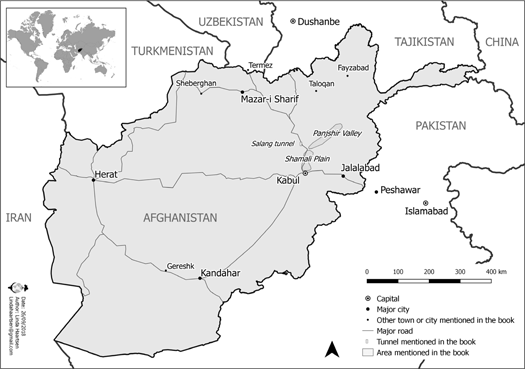
Areas of relevance mentioned in the book
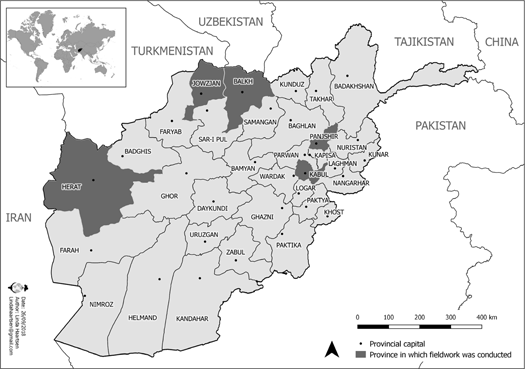
Font size:
Interval:
Bookmark:
Similar books «Warlord Survival»
Look at similar books to Warlord Survival. We have selected literature similar in name and meaning in the hope of providing readers with more options to find new, interesting, not yet read works.
Discussion, reviews of the book Warlord Survival and just readers' own opinions. Leave your comments, write what you think about the work, its meaning or the main characters. Specify what exactly you liked and what you didn't like, and why you think so.

